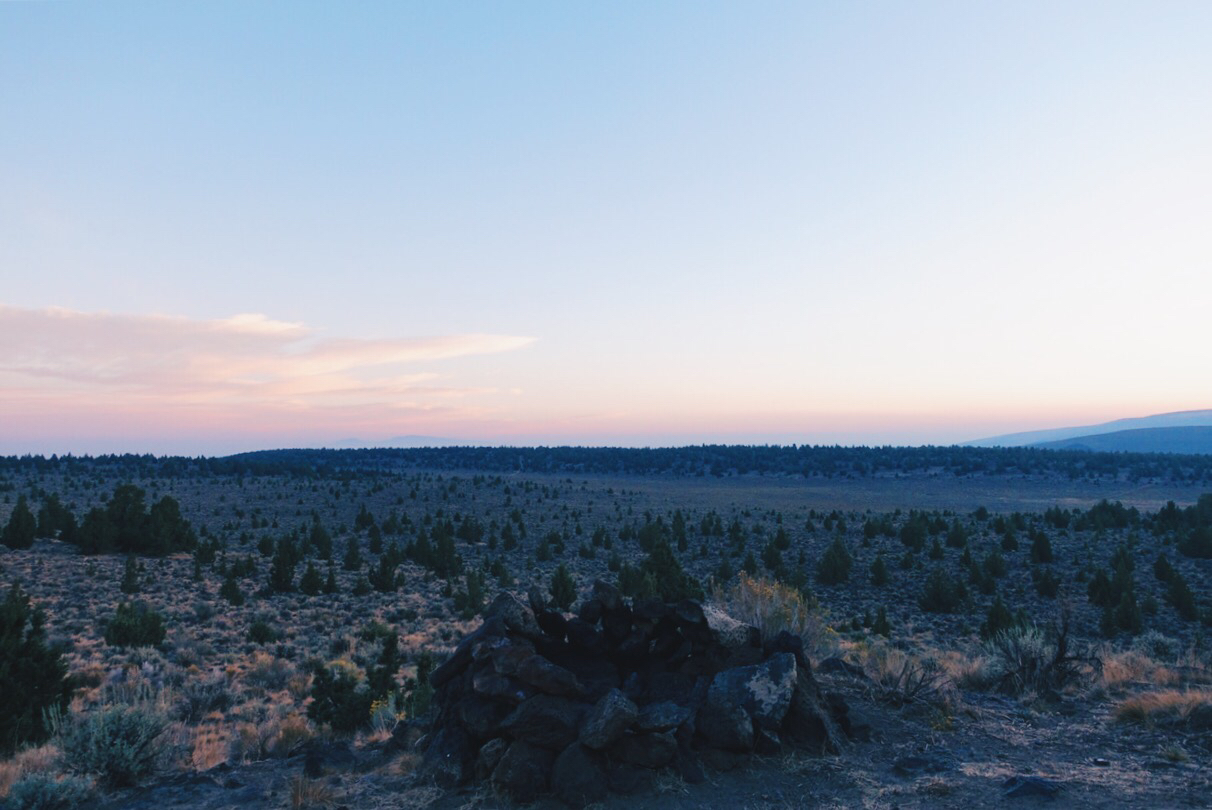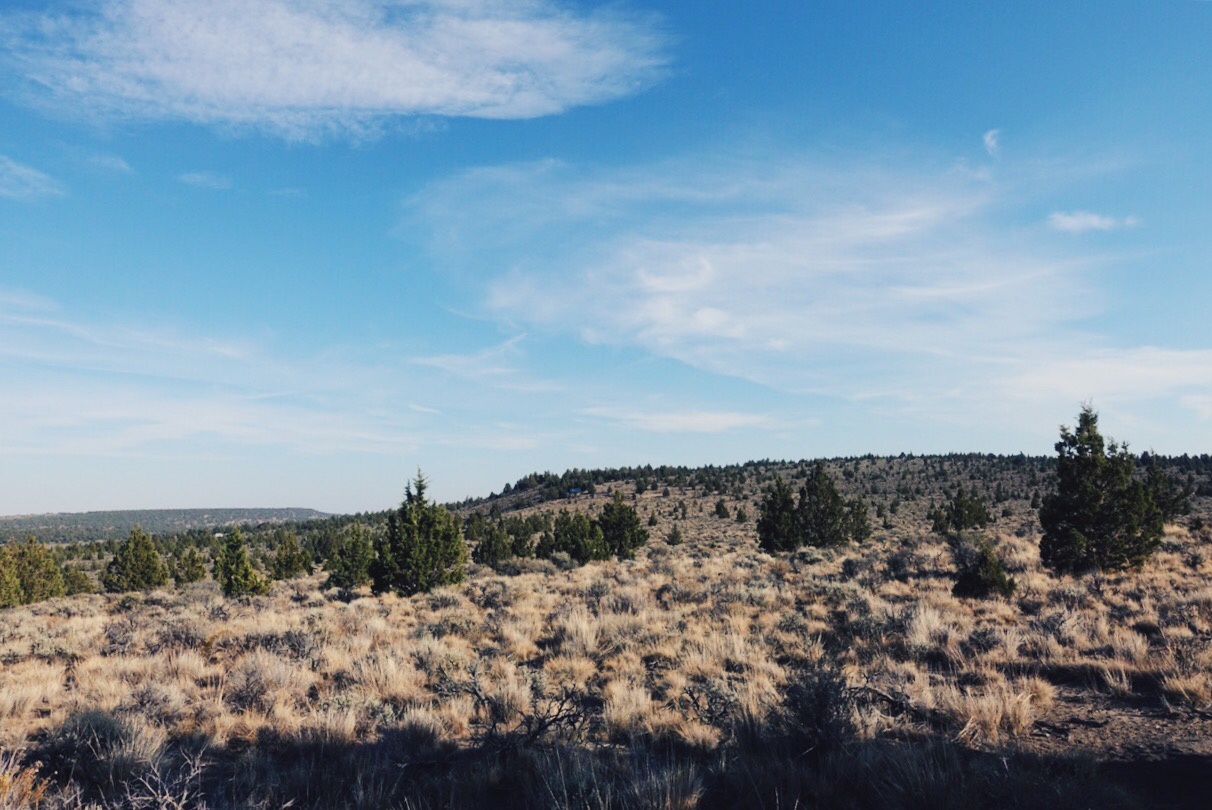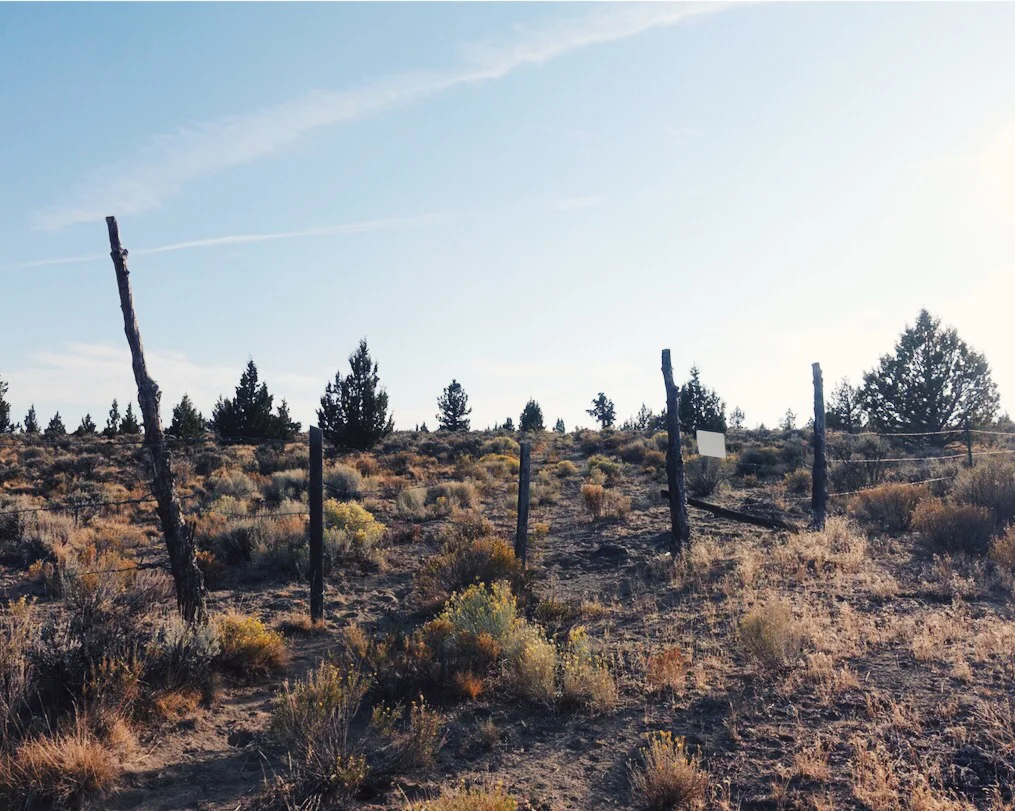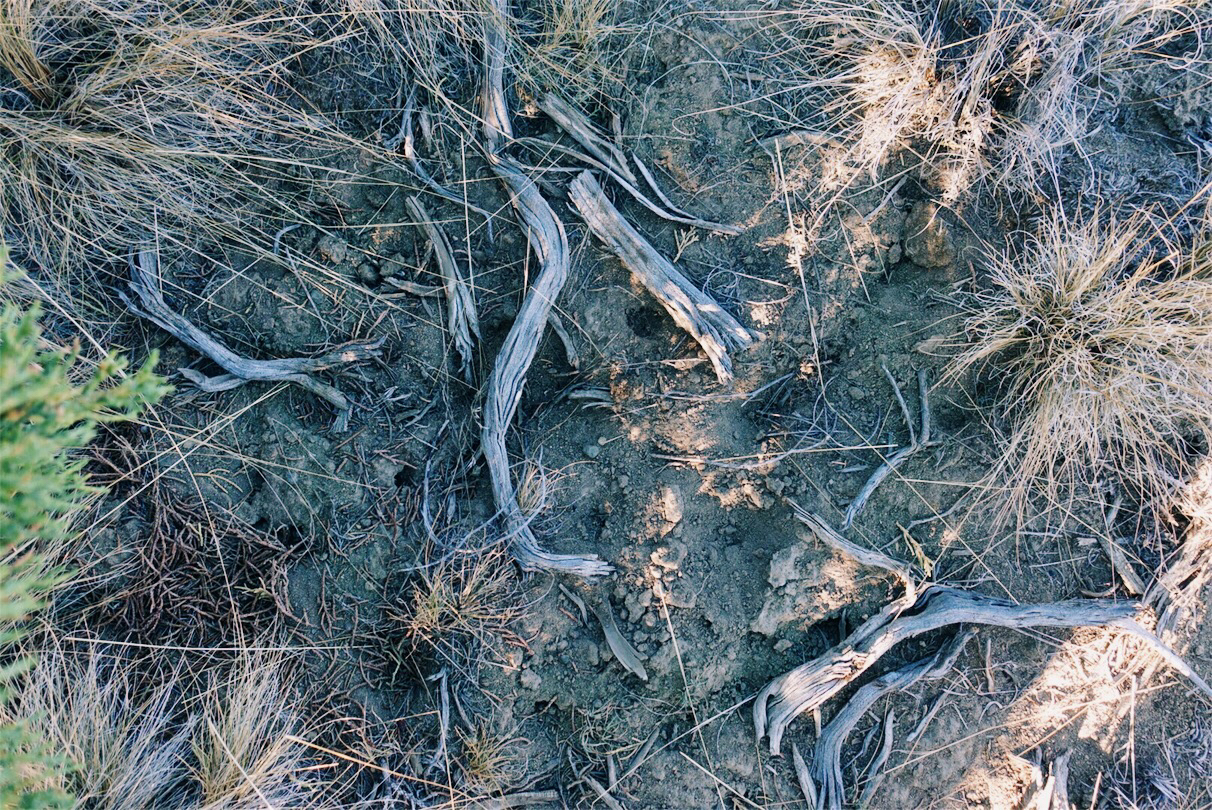rabbit and bone
/32487
94222
26154
9202
39831
73954
13624
74287
19075
Night closes gently over the desert sky in a curtain of pink and amber. The dark, when it comes, spreads slowly down, as if from the center of a dome, pushing at the last of the pale light, driving it into the horizon. Then the stars come out, hundreds of them, a sequined carpet unfurled against the blackness overhead. In the middle of it all, the Milky Way, shimmering faintly, hinting at color - purple, blue, a thin shaft of gold. There is almost no sound. Somewhere out in the miles of open land around us there are creatures stirring, moths that flutter toward any hint of artificial light, coyotes after their rodent prey, cattle sighing and squirming, adjusting themselves to their prickly beds, but we hear none of it. It is only the two of us, wrapped in blankets, puzzling out constellations in a whisper, watching for stars to fall.
It was my daughter’s idea to come. A birthday gift, to write, to connect. Out here we have no internet to call upon, no cell phones to hunch over. There is each day, there is each other.
We write. We read each other’s stories and talk through possible plot lines. We agonize over edits and the stubbornness of characters. When the words begin to blur together, we go for walks. Together. Alone.
The cabin is perched on the high point of a rolling hill, from there, you can see the jackrabbit trails winding through the sagebrush. Down on the ground though, the trails are invisible. I head out for a walk alone. There is no destination to aim for, no obvious route to follow. I keep the cabin in my sights and begin to wander. After a half hour or so, I find an old dirt road. It is criss-crossed with the tracks of dogs (or coyotes), the occasional set of elk prints. No one has driven or walked it for a long time. I follow it uphill to a barbed wire fence, then turn around and follow it downhill till I find another. A mile away I can see the roof of the cabin shining in the sun. I wave to it, wondering if my daughter is sitting on the porch, watching me amble around on roads that lead nowhere. If I were doing this in the city, the French would have a word for me: flaneur - the stroller, the passionate wanderer. Out here, I look more like a simpleton, coated in dust and sweat, stumbling into rabbit holes and over rocks, snagging my ankles on the prehistoric flora, walking uphill, then down. But there is no one here but my daughter to see and she understands. While I walk my mind unknots. I can feel the muscles in my legs contracting and expanding, hear my breath pulling in and pushing out. I am here. I am alive.
Just off the highway on the way to the cabin, we’d seen a hand-lettered sign on the side of the road. “Beetle-Cleaned Skulls For Sale,” it read. We were fresh from the city, sealed into our speeding car, dust-free, oblivious. We looked at each other and laughed. Who would want a beetle-cleaned skull? That was ages ago, when I was young. The sun is just descending into the western half of the sky, the landscape stretching unvaried before me, sage and grey and yellow-brown. I search the ground, confident that in this liminal space I will find some bleached white testimony of a former life - a tibia, a jawbone, a knot of vertebrae. Memento mori. What is life without the awareness of death? I find the brittle grey bones of the sagebrush, and they crumble beneath my feet.
When it is time to leave the cabin and return home, we stand in the doorway, reluctance making us heavy and slow. We are unshowered, grit in every crevice; we’ve eaten endless bowls of beans and rice; we have no idea of what is going on in the world outside the desert. At home we will be warm and clean and well fed. There will be stories to tell and hugs to give, but we do not want to go.
“Supposing you only saw the stars once every year. Think what you would think,” said Tasha Tudor. I do not have to think very hard. How long since I saw the stars as I did in the desert? A year? A decade? How long since I felt silence deep as water, slipped bodily into the stream of slow time? Long, so long. We clean the cabin, load up the car, stand in the dust and look out over the hills one last time, then once more. "The wonder of it!" I am here. I am alive. I make no resolve save to place myself here again and again.














